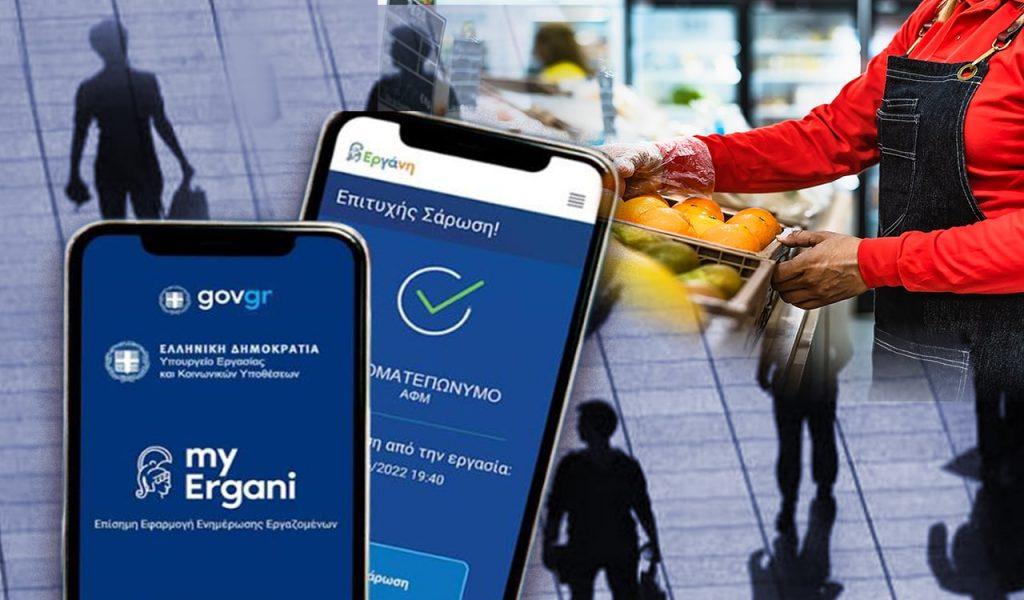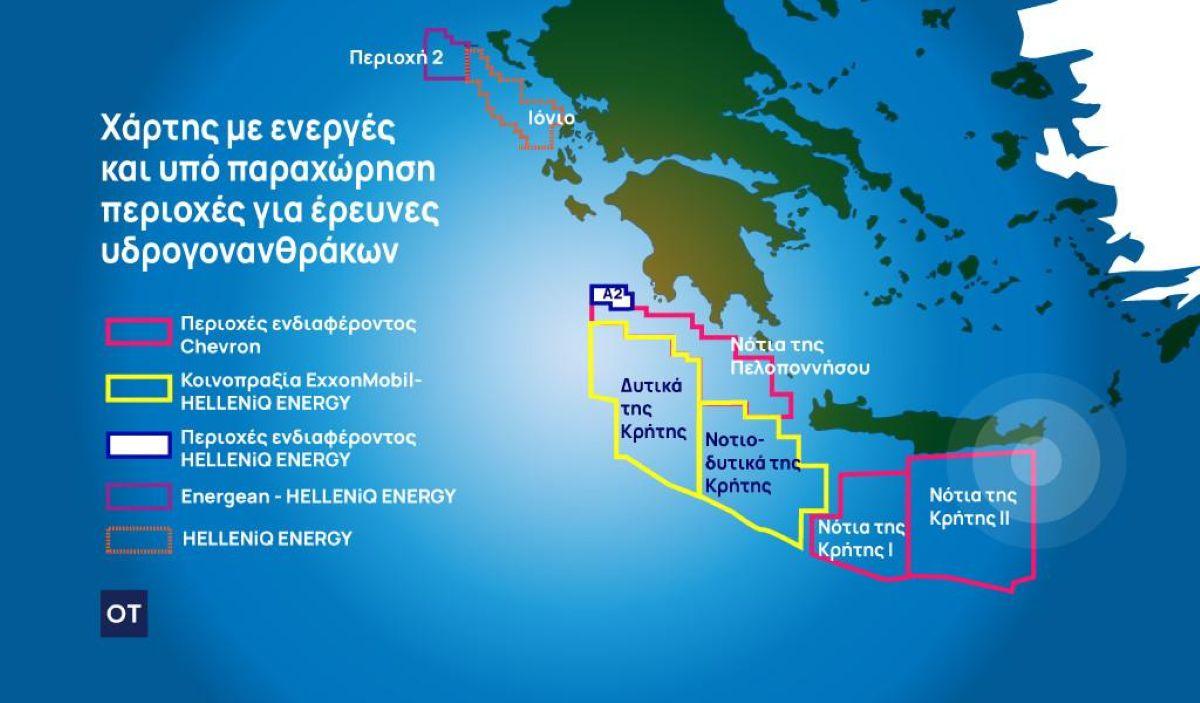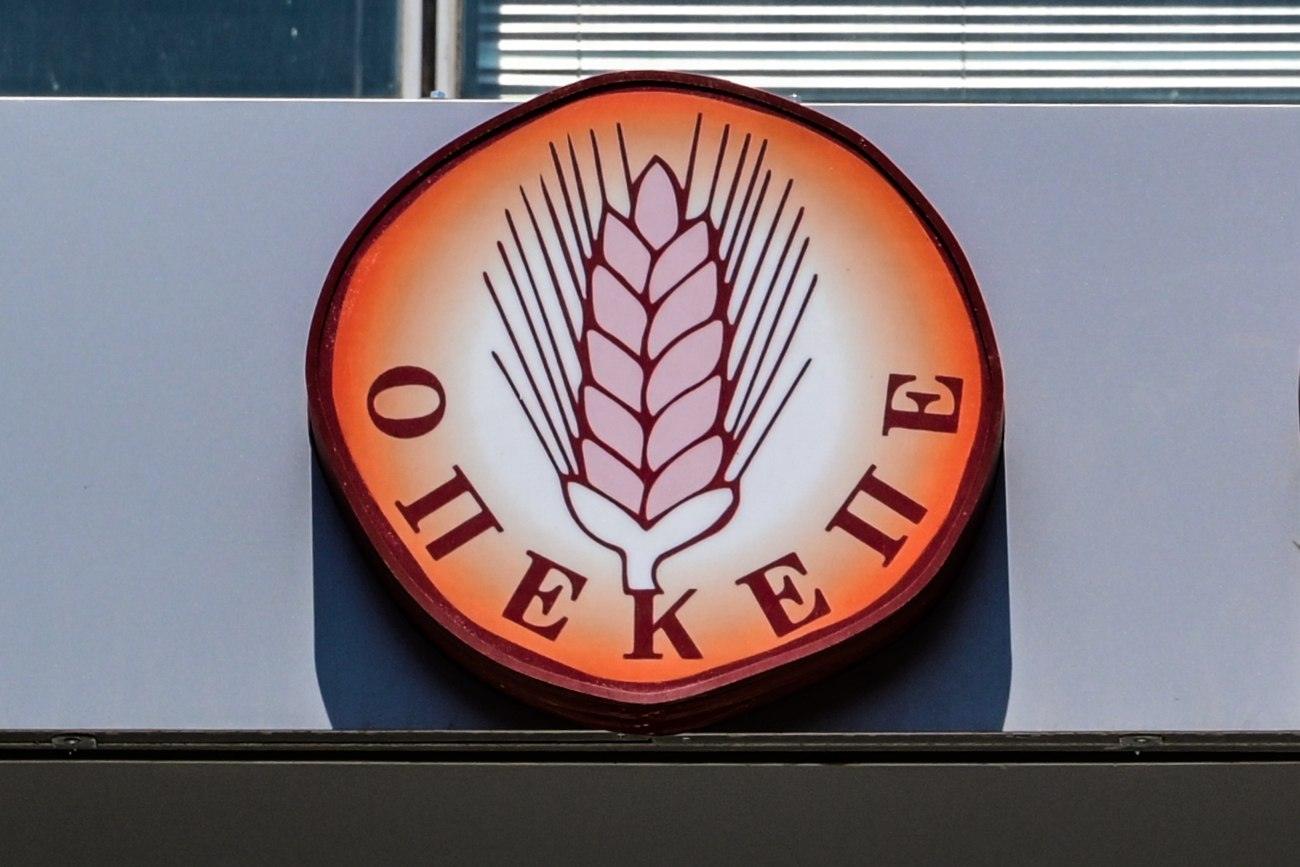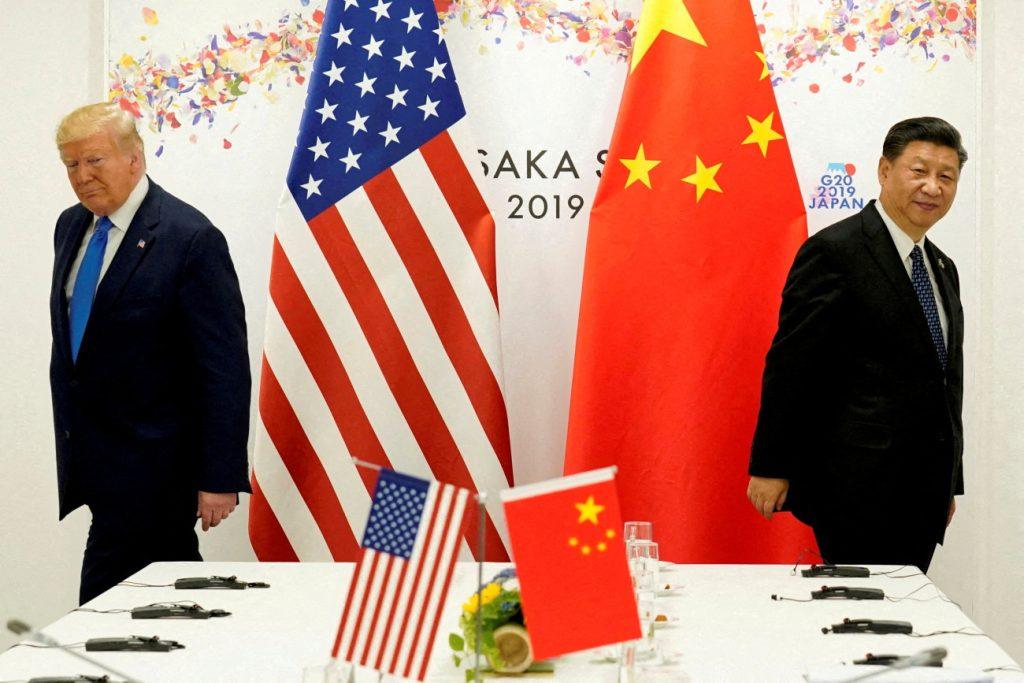Sevi Vassileva, Vice President of VISA and General Manager for Greece, Cyprus, Israel, and Malta emphasized the notable expansion into the Greek payment market through digitized cards and the vast growth opportunities and evolution of digital transactions globally in the coming years, in collaboration with Fintech companies, in an interview with “To Vima Tis Kyriakis.”
Today, Visa is organizing the Visa Innovation Program Europe (VIPE) conference in Athens. Would you like to tell us a few words about the program?
Visa Innovation Program Europe is a fintech pilot-centered collaboration platform designed to help startups scale, supercharge the value proposition, and engage with Visa, its clients, and partners. It’s a unique program that provides fintechs the opportunity to access Visa’s extensive European network of partners, global scale, and technology. Known from its start in Greece back in 2019 as the Visa Innovation Program, it rapidly expanded into a regional force in Europe, and today it encompasses seven markets, Greece, Turkey, Spain, Italy, Portugal, Malta, and Cyprus.
What is the progress of the program so far?
The eight companies that joined the Program in 2023, have showcased remarkable progress in product development, company building, governance, fundraising, and sales. The innovators bring transformative solutions to various sectors. They range from pioneering solutions that enhance transparency and payment processes in shared services to solutions optimizing daily operations and financial management for sports clubs. The participants’ work and progress will be unveiled at the upcoming VIPE summit. Results since the kickoff of the program are remarkable: we’ve evaluated 1200 applications from 62 countries and delivered 1350 hours of mentorship, 98 fintechs have been selected, generating 90 proofs of concept. We had the first unicorn – Payhawk, and VIPE has become over the years an epitome of open collaboration, partnership, and smart solutions value, opening local fintech doors to international scale, exposure, and opportunities.
In recent years, digital payments have significantly increased in Greece. What are their prospects?
Innovation is more important than ever, as the Greek payments landscape goes increasingly digital, with 9 out of 10 transactions that are nowadays contactless. It’s worth mentioning that 15% of all contactless transactions on our network in Greece are made via mobile phones, smartwatches, and smart devices. This figure has doubled within just one year indicating the clear consumers’ shift towards convenience. As consumers seek more convenient payment experiences, businesses are increasingly demanding the same – simpler, more intuitive experiences to help them manage their operations more effectively.
How will the fintech market impact the digital transformation of businesses in the coming years?
As money movement expectations evolve rapidly, consumers and businesses seek highly personalized, intuitive, and seamless payment experiences. Fintech is a pivotal force to match those expectations thanks to its disruptive ideas that have the potential to transform the way people pay and get paid. However, ideas may lack the scale and security to deliver value to its full potential. Innovation requires a combination of both great ideas as well as the scale, security, and resilience, that Visa is uniquely positioned to offer. Only then can transformative value be unlocked for people, businesses, and economies.
Security and reliability are paramount in online transactions and as Sevi Vassileva outlined: “At the base of payments innovation is trust. Ensuring trust in global commerce, Visa prioritizes security and reliability. With a vast network processing up to 76,000 transactions per second across 200+ countries, it invests over 9 billion euros in five years to maintain its 24/7, 365-day operation. Over 1000 cybersecurity experts are employed globally. investment produces great results: incidents of fraud on Visa network in Europe occur in less than 0.1% – among the lowest of all payment forms.
What will the role of AI in digital payments going forward?
For over 30 years, artificial intelligence (AI) has been pivotal in Visa’s payment security since 1993. With a decade-long investment exceeding $3 billion in AI and data infrastructure, Visa ensures safer, smarter money movement and proactive fraud prevention. In 2022, Visa Advanced Authorization (VAA) prevented an estimated $27 billion in fraud. While we prepare for the next era of digital payments, generative AI will play a key role thanks to its transformative potential. This is why Visa has recently announced a $100 million global initiative to invest in innovative startups focusing on generative AI, commerce, and payments, anticipating mind-blowing advancements in real-time insights and configurability.
Visa believes in the value of digital payments to foster financial inclusion. As a global network, we partner with all the industry players connecting different payment rails, such as cards, accounts, or wallets. It’s crucial, however, to navigate this journey thoughtfully. Building the infrastructure alone is not enough. No matter what the form factor is, digital payments should ensure fairness, transparency, security, and resilience. Building a secure, convenient, and above all trusted ecosystem where consumers and businesses can use their preferred payment solutions requires swift application of technology, interoperability, and value-added services that go beyond the core clearing and settlement infrastructure. There are thousands of innovative ideas that have the potential to transform the way people pay and get paid. But often ideas lack the scale and security to deliver value to its full potential. Innovation requires a combination of both great ideas, as well as the scale and resilience, that Visa is uniquely positioned to offer. Only then can transformative value be unlocked for people, businesses, and economies.
Source: tovima.com


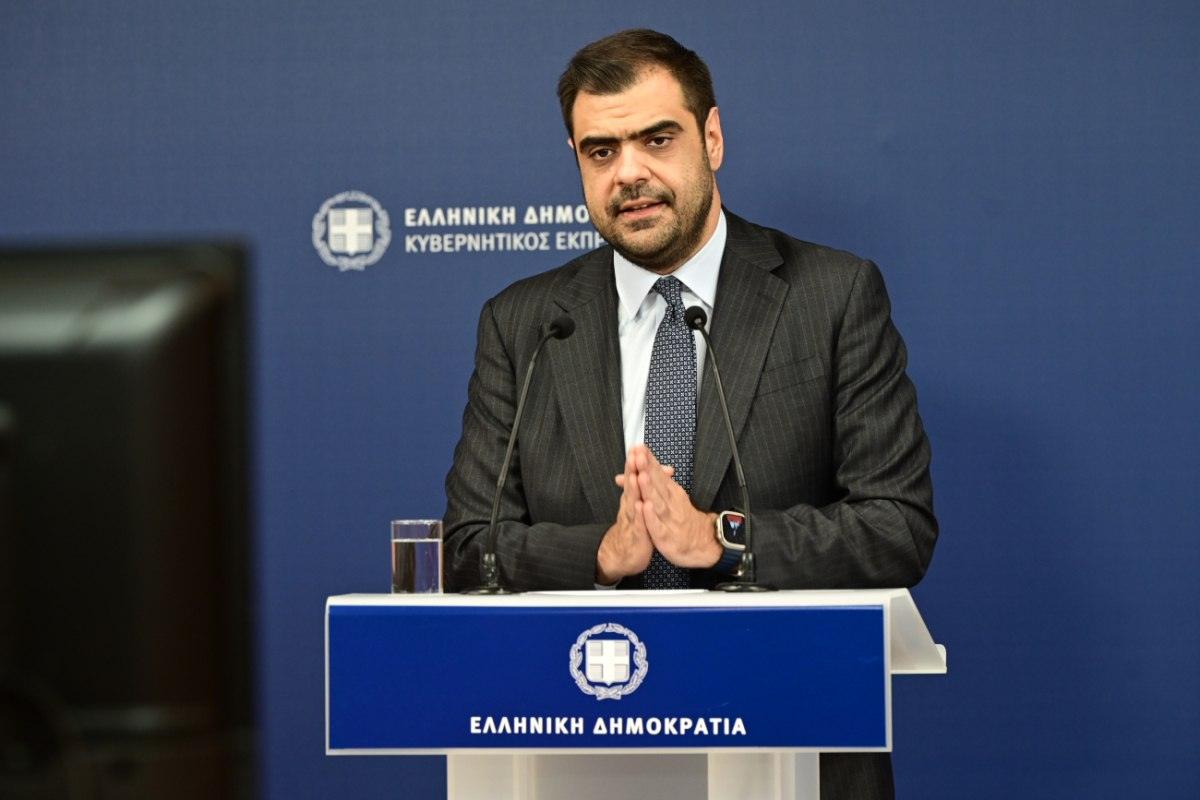









![Δασμοί: Οι εμπορικές συνομιλίες ΕΕ-ΗΠΑ για τους δασμούς στα αυτοκίνητα [γραφήματα]](https://www.ot.gr/wp-content/uploads/2025/07/tofas.jpg)
![Τεχνητή νοημοσύνη: Η ζήτηση ενέργειας αυξάνει τις εκπομπές CO2 [γράφημα]](https://www.ot.gr/wp-content/uploads/2025/02/data-center.jpg)
![Χρυσές λίρες: Πουλάνε μαζικά οι Έλληνες το εξάμηνο του 2025 [γράφημα]](https://www.ot.gr/wp-content/uploads/2025/07/photo_2025-07-04_13-01-06.jpg)


